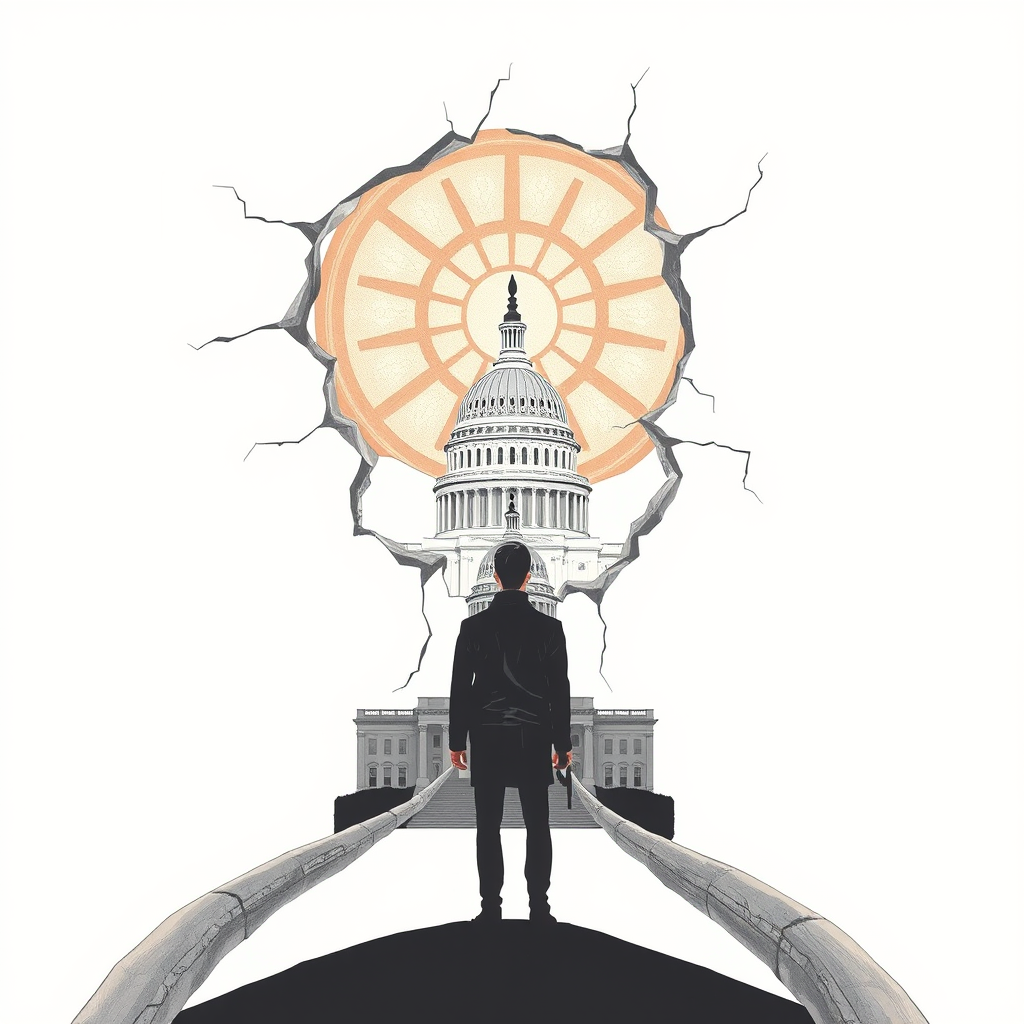State Dept Post Reveals Right-Wing Ideological Strategy

A recent State Department Substack post has ignited controversy, revealing a calculated effort by a new generation of right-wing operatives to reshape U.S. foreign policy. The piece, authored by Samuel Samson, a recent college graduate and “Senior Advisor for the Bureau for Democracy, Human Rights, and Labor,” sharply criticized European governments for abandoning “Western civilization” in favor of a “repressive liberalism.” The essay accused Europe of politically motivated repression against far-right factions and signaled potential U.S. repercussions for policies on free speech, elections, and migration.
What makes this incident particularly noteworthy isn’t simply the content of the post – which many observers found alarmingly radical – but the deliberate strategy behind Samson’s placement and the broader movement he represents. Samson’s background – a 2021 graduate with no prior diplomatic or European affairs experience, previously a fundraiser for the right-wing organization American Moment – underscores a conscious effort to infiltrate the government with individuals committed to a “post-liberal” agenda.
This strategy, rooted in the ideas of figures like Harvard Law Professor Adrian Vermeule, advocates for a rejection of liberal principles and a re-infusion of traditional, often conservative Catholic, values into the state. Vermeule’s concept of “integralism” – essentially abolishing the separation of church and state – has gained traction among young conservatives disillusioned with the pre-Trump conservative consensus.
American Moment, founded in 2021, played a crucial role in this effort. Inspired by J.D. Vance’s critique of the conservative establishment’s dependence on donor funding, the organization aimed to build a network of populist staffers and fellows committed to a new direction. With Vance on its board, American Moment actively recruited and placed young conservatives in Washington, D.C., creating a pipeline for individuals like Samson.
The success of this “entryist” strategy – a tactic of infiltrating existing organizations to alter them from within – is now demonstrably visible. Samson’s ascent within the State Department, coupled with the publication of his controversial post, signals a shift in the ideological landscape of U.S. foreign policy. While American Moment’s leadership claims a broader, ecumenical approach to conservatism, the organization undeniably provided a platform for individuals sympathetic to Vermeule’s radical ideas.
This isn’t an isolated incident. It’s a calculated effort to reshape the political mainstream, and the State Department op-ed serves as a clear indication that this movement is gaining traction. The implications are significant, potentially straining relationships with key allies and signaling a departure from long-held principles of liberal democracy. The situation demands scrutiny, not just of Samson’s views, but of the broader network that facilitated his rise and the long-term consequences for U.S. foreign policy. It’s a concerning development, highlighting the vulnerability of established institutions to ideological capture and the need for vigilance in safeguarding democratic values.